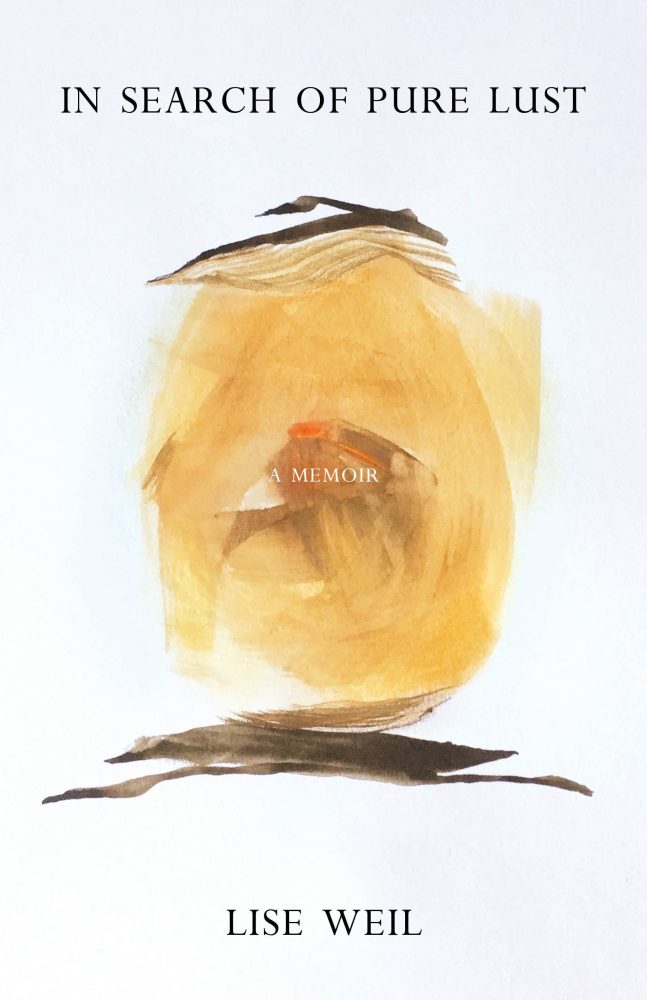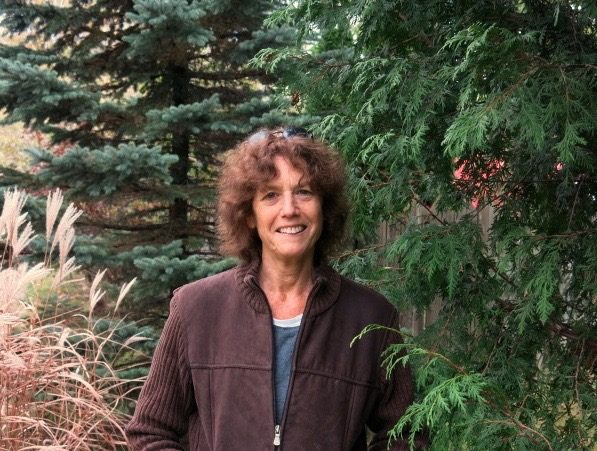 Enjoy this excerpt from the memoir by Lise Weil, founder of the feminist journal Trivia: A Journal of Ideas.
Enjoy this excerpt from the memoir by Lise Weil, founder of the feminist journal Trivia: A Journal of Ideas.
Below is an excerpt from the book that takes the reader back to a moment in the 70s and 80s when lesbian desire was the pulsing centre of a movement—and rich, vibrant culture. In this scene, Weil has just come out to herself and is (she hopes) on her way to her first lesbian experience. As you’ll see, there is an entire world waiting for her full of “places where only women assembled” and yes!—places where only lesbians assembled.
So I was twenty-six and back in graduate school and I was a lesbian. A dyke. All I had to do now was find someone to love. Because that was the point, after all. I had been loving women all my life, but now—this was less a conscious thought than an operative assumption—now I was going to do it for real. Now I was ready to dance the full-tilt boogie. I just had to find a partner.
My timing was good. It was spring of ’77 in Providence, Rhode Island, and everywhere you looked, women discovered each other, assembling in places where only women assembled. At weekends someone was always driving up to Boston to eat at Bread and Roses, the vegetarian women’s restaurant, to dance at Somewhere, the women’s disco, or hang out at the Saints, the girls’ bar in the warehouse district with its big blond wood booths and giant pool room. Olga Broumas had just won the Yale Younger Poets Award for Beginning with O and a bunch of us drove down to New Haven for her reading. A Greek beauty, she closed her dark-lashed eyes, bard-like, when she read—“oh let me love you / the fathers are off in the distance nodding their assent”—and we all swooned in our seats and then gushed in the car the whole way back.
Everyone that year at Brown, it seemed, was nodding their assent. The women’s centre hosted one feminist speaker after another, including Jill Johnston, who came to campus to talk about Lesbian Nation. When Kate Millett showed up at the Saints late one Friday night with a young girlfriend in tow—a striking brunette whom I took to be Bookie’s successor—I felt my life starting to blur with those of my own lesbian heroines. Except for the girlfriend.
My course on “Images of Women in Literature” had been accepted by the Modes of Thought Program and I began teaching it that spring. I wasn’t prepared for the number of women who showed up—thirty-three—or the hungry way they gazed at me and hung on every word. How could I live up to such expectations? At the last minute, I decided to tack on a lesbian section: Olga Broumas, Judy Grahn, and Rita Mae Brown.
There were two militant lesbians in the class; both sported crew cuts, or “sep cuts,” as they were known at the time, and had impressive street smarts. They had already at their young age demonstrated against male violence, marched for lesbian and gay rights, worked in shelters, and organized sit-ins on campus. Who was I to be teaching them about feminism? Or anything, for that matter? Despite staying up most of the night before class preparing, I still couldn’t look my way without losing my train of thought. As I was introducing the lesbian section I was sure I saw them passing each other notes and rolling their eyes.
I had to get myself some experience. Soon after the semester ended I read about a women’s camp in upstate New York that would be hosting a women’s weekend at the end of June. A few weeks later, on a Friday afternoon, I was following a switchback road up the side of a mountain to where a clutch of cabins was set in deep woods beside a field.
It was a hot day with a strong breeze and out in the field, a group of women were trying to spread out a huge canvas that flapped intractably in the wind. Cris Williamson’s voice issued loudly from a big speaker by the meadow. The movements of the canvas-spreaders seemed to be synchronized to the words of “Tender Lady,” which struck me as ironic since many of the heads were severely shaven and the faces looked pretty fierce. I made my way to the main cabin, where the woman behind the registration table introduced herself as Buckwheat and asked another woman, Sage, to show me to my cabin.
I was relieved when my bunkmate turned out to be a women’s studies instructor from Buffalo named Shelly. “How unorganic,” I said as she extended her hand, and she laughed. A grad student like me was smart and articulate and we shared the same cultural frame of reference. She had just finished Flying herself, and admitted to having loved it “in spite of myself.” This made me wonder for the fiftieth time why all the academic people I knew professed shame for the books they took to bed with them, especially when they didn’t seem that interested in talking about any others.
It was nice to have someone to be alienated with, but before long the conversation began to bore me and when it failed to wind down, even after I’d made several attempts at an exit, I announced I was heading back out to the campgrounds. As I approached the field, a bus pulled up. I watched the women step down one by one: wild hair, lots of it, jewellery, makeup, black leather. Women squinted as they got out of the bus and felt around in their bags and pockets to make sure they weren’t about to run out of cigarettes or Tampax. It had to be the bus from the city.
Soon the New York women were streaming all over the campgrounds and there was rough laughter and irony and cigarette smoke everywhere. I wandered about, watching them settle in and enjoying the general commotion until I had run out of places to wander and suddenly wasn’t sure what to do with myself.
 Image: Supplied
Image: Supplied
Author Lise Weil
Reprinted from In Search of Pure Lust: A Memoir with permission by She Writes Press.
© 2018 Lise Weil. All rights reserved.


